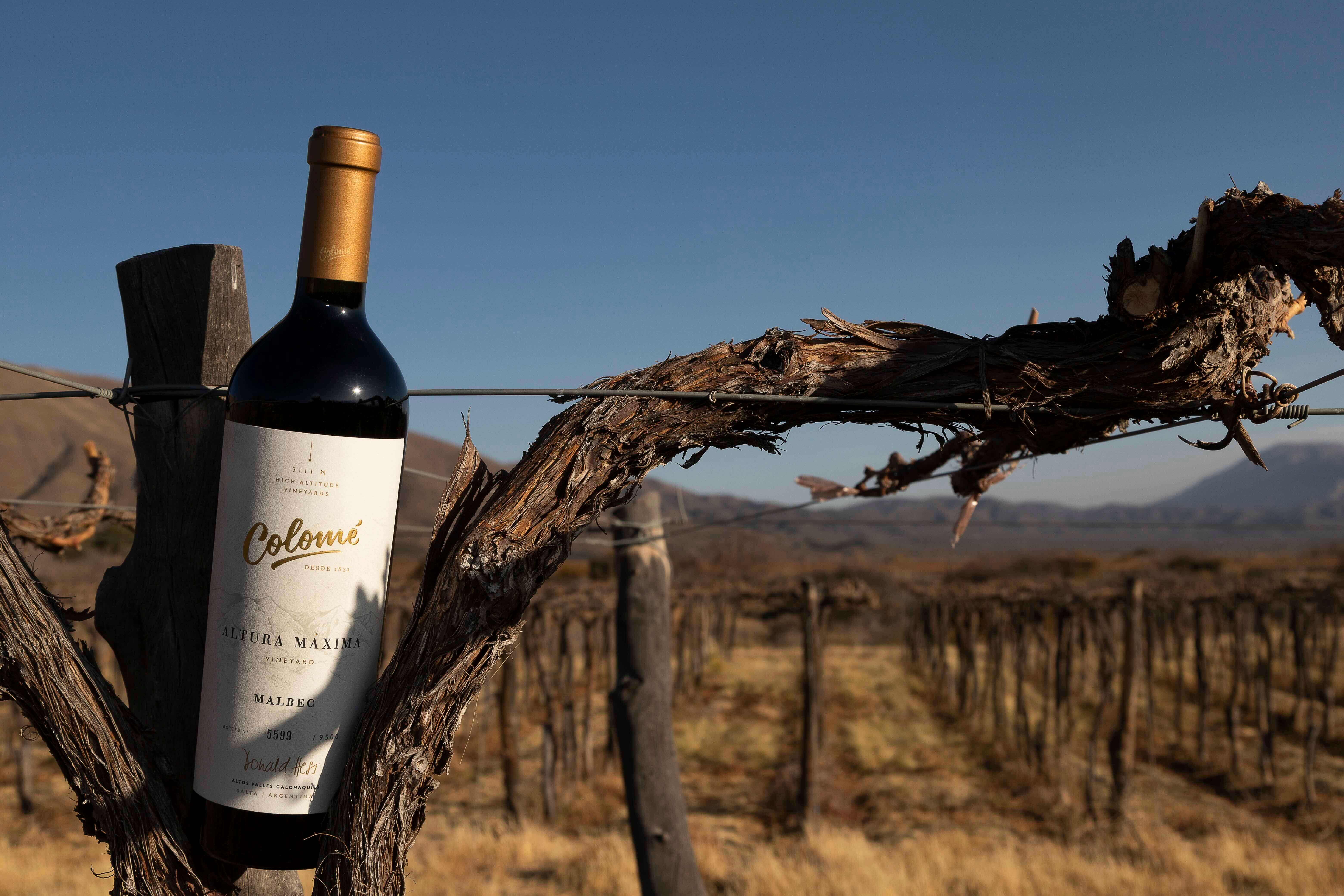News
New Year's Eve in Brazil
The new year marks a very special celebration in Brazil. On this week's blog, we wanted to talk about the traditions and celebrations from our roots at this special time of the year, Fazendeiros.
In Brazil, the new year is referred to as 'Réveillon', which is the French term. Brazil has a mix of both native superstitions but also some African rituals during their celebrations. Most of these celebrations are traditionally carried out in Rio De Janeiro, however they're widely practised across the whole country.
Clothing
Fashion has always been a big thing in Brazilian culture, and this shows with New Year's celebrations without exception. In Brazil, different colours represent different meanings. It's tradition to wear all-white from New Year's Eve through until New Year's Day, as the colour white represents peace. Although clothing is traditionally white, undergarments are worn in a variety of bring colours, and the colour is chosen depending on what you want the new year to bring you. For example, green means good health and yellow stands for wealth.Food
Food is one of the most important aspects of a Brazilian New Year. It's widely believed that eating the right kind of food will provide a more prosperous year to come.Lentils are a very important food in Brazil, and are known for their healthy properties. This means that lentil dishes are a common sight on New Year's Eve; it's said that eating them will bring health into the new year. Pork and fish are very commonly eaten on this day, as these are animals that 'move forward', which is symbolic of moving into the new year. In contrast, poultry is avoided until after midnight, as birds are seen to 'scratch the earth backwards'. This means that you will be moving backwards into the new year, not forwards.
At the stroke midnight, it's tradition to chew seven pomegranate seeds without swallowing them. It's then said that preserving them in your wallet will bring you good fortune for the year to come.
Offerings to the Sea
This is a tradition that's quite particular to Rio, due to it being on the coastline of Brazil. Here, it's common to make offerings to 'Iemanja', the keeper of the waters. Bouquets of flowers and material goods are cast out into the ocean in the hopes that they do not return. If they return back to the beach, it is said that Iemanja hasn't accepted the offerings, and that you will need to try again next year. This tradition comes from the African-Brazilian religion called Candomblé, which originated in Bahia in the 1500s.Right after the clock strikes midnight, Brazilians rush to the sea to jump over seven waves, while making a wish with each jump. It's said that this will make your wishes come true, as long as you don't turn away from the sea. In areas of Brazil that aren't near beaches, people will jump three times on their right foot while holding champagne. It's said that throwing the champagne over your shoulder after these jumps will give you a better year than the last.
Copacabana beach is the most popular beach in Brazil for these celebrations. In 2013, an incredible 2.3 million people celebrated the new year on this beach alone.
Other Celebrations
Just like England, fireworks are a big part of the celebrations. Families and friends gather around to watch spectacular displays, either from their own home or more commonly, on the beach.After the traditional celebrations, it's common for people to meet with friends and family and go to parties. Sometimes, these parties are so lively and so large, they don't end until sunrise on New Year's Day!
Have you ever celebrated Réveillon in Brazil? We'd love to here your thoughts and stories on Facebook, Instagram if you have any.
We want to wish you all a very happy New Year, and we look forward to welcoming you in 2019, Fazendeiros.
